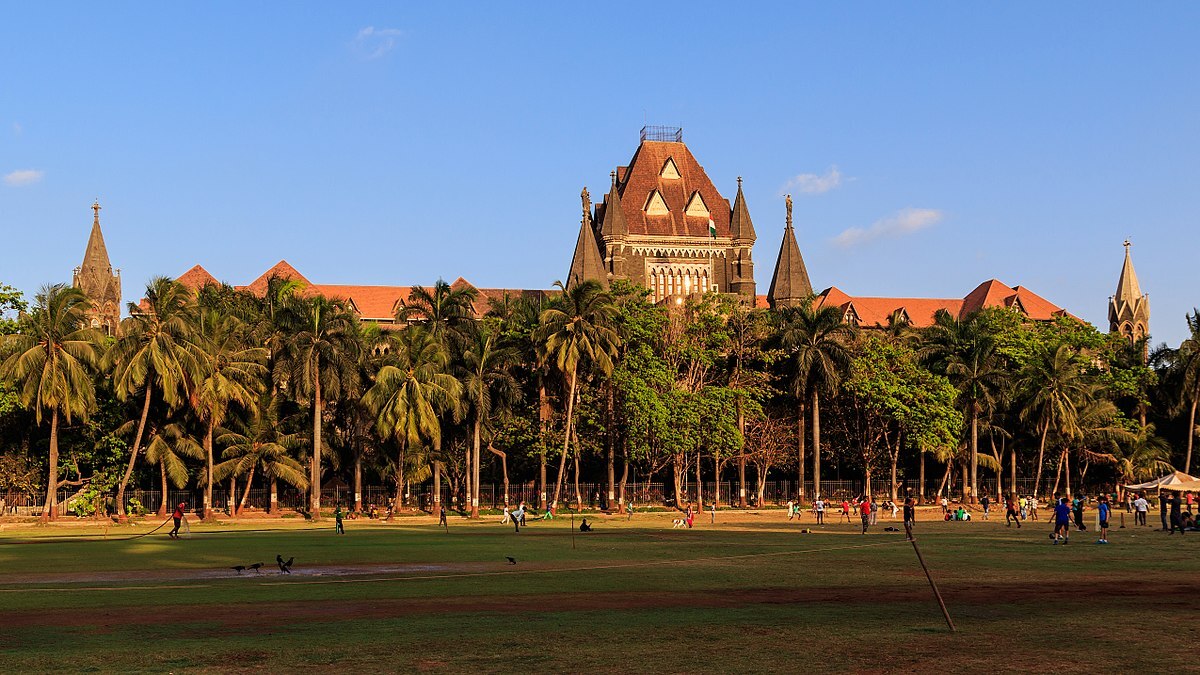Our Services

Bombay HC: Create Additional Seat for Meritorious MBBS Applicant
Education News EduLegaL www.edulegal.org mail@edulegal.in
27 th February 2021, the Bombay High Court in Annu Pyarelal Sinsinwar v. Union Territory of Dadra and Nagar Haveli and Daman and Diu and Ors., — Writ Petition No.419 of 2021— issuing a judgment in favour of the meritorious petitioner-student, directed the respondents to create an additional seat in the medical college and admit her for the MBBS Course. The court while allowing the writ petition, commented:
“Although the Courts do not sit in appeal over decisions of academic bodies, it is not the law that such decisions are immune from judicial review. The acknowledged parameters of judicial review permit examination of the decision-making process if the resultant decision is against the Constitutional mandate or unreasonable or arbitrary or perverse. The drowsy default of the executive to acknowledge merit and give it due recognition has to be frowned upon, on facts and in the circumstances.”
The petitioner, domicile of the Union Territory of Dadra and Nagar Haveli, filed a plea in the Bombay High Court, seeking relief in a matter concerning admission to the sole medical college within the said UT. Aggrieved by the fact that although being a meritorious student with a score of 559 in the NEET 2020 Examination with a percentile of 96.8%, she was not allotted a seat and provisional allocation of seats were made to those according to the “priority list” as mentioned in the admission brochure issued by Union Territories Administration of Dadra and Nagar Haveli and Daman and Diu, titled — “Admission Prospectus 2020-2021.” The petitioner contended that she satisfied the admission criteria except Clause 4(a) that provided for priority admissions. She asserted that although she did not fall in the first category she certainly was eligible for the second priority provided that the seats were available after the first priority candidate’s seats were exhausted. When the admission process for the university began the petitioner participated in it and stood at serial number one in the provisional merit list of Dadra and Nagar Haveli in the Priority II list. Although the petitioner belonged to the OBC category the respondent failed to provide category merit to the petitioner. The petitioner, therefore, stated that the court hold illegal the provisional allocation of seats on which the priority criteria under clause 4(a) applied to the four seats from the All India Quota and to quash it. She also sought relief and demanded that the court direct the respondents to grant admission to her on the basis of her merit. The contentions raised on behalf of the petitioner were on the basis of the “Regulations on Graduate Medical Education, 1997” of the Medical Council of India in Regulation 5(5) which provides for selection of students to Medical Colleges based on merit, and the criteria to be adopted for determination of such merit. She has asserted that there was no indication in the rules that the seats That remained vacant in the All India Quota which reverted to the state were to be treated as deemed state quota seats so that the said vacant seats could be filled up not on the basis of merits of the performance in the NEET examination but by selecting the other non-meritorious candidates on the first priority according to clause 4(a). The Court after careful examination of the facts agreed that the issue under consideration was
whether the regular criteria for making admissions to the State quota, namely, to the 85% seats, could at all be applied, in the present circumstances, to fill up the 4 seats reverted from the All India Quota and not the criteria of pure merit of the candidates, who would be available for admission.
The court studying the eligibility criteria as laid down in Clause 3 and 4 of the brochure opined,
“In our opinion, such approach of respondent no.4 to adopt Clause 4, namely, the 'Priorities criteria' to the seats reverted from All India Quota, would not satisfy the test of law and would amount to an arbitrary action on the part of the official respondents for more than one reason. In adopting such approach, respondent no. 4 has failed to take into consideration that the reverted 4 seats fell outside the 85% State quota, as in respect of such State quota all permissible norms of reservation, including the applicability of priority in Clause 4 were made applicable.”
The court also expressed:
“In these peculiar circumstances, there was no scope for any arbitrary discretion to deviate from the rule that merit of the eligible candidate should be the only criteria. This position is well recognised in law to which we immediately advert.”
The court then went on to point out the "Regulations on Graduate Medical Education, 1997" as amended up to May, 2018, the Regulation 5(5) of which reads as,
"(V).All admissions to MBBS course within the respective categories shall be based solely on marks obtained in the National Eligibility cum-Entrance Test.”
In response to this, the court said,
“We are thus of the clear opinion that by the approach as adopted by the respondent no.4, the claim of a meritorious candidate like the petitioner is arbitrarily overlooked by admitting less meritorious candidates. In the absence of rules, the merit of the petitioner could not have been sacrificed.”
The court while allowing the petition said:
“A sequel to our discussion is that the principles of fairness, non-discrimination and non-arbitrariness and above all merit of the petitioner in the admission process needs to be recognized and given due weightage.”
In conclusion of the judgment, the court ordered no costs to the petition and directed:
lRespondent no.1 to 4 are directed to forthwith admit the petitioner to the First Year MBBS Course for the academic year 2020-2021, on one of the 4 reverted seats from the 15% All India Quota.
lRespondent No 1 to 4 are directed to take immediate steps to create one additional seat so that the admission of respondent no.8, who has secured the lowest marks in the NEET-2020 (414 marks) and being the lowest in merit stands protected in the light of the principles as laid down by the Supreme Court in S.Krishna Sardha vs. The State of Andhra Pradesh(supra).
lAdmission of the respondent No.8 shall be treated as provisional till such time the additional seat is created.






